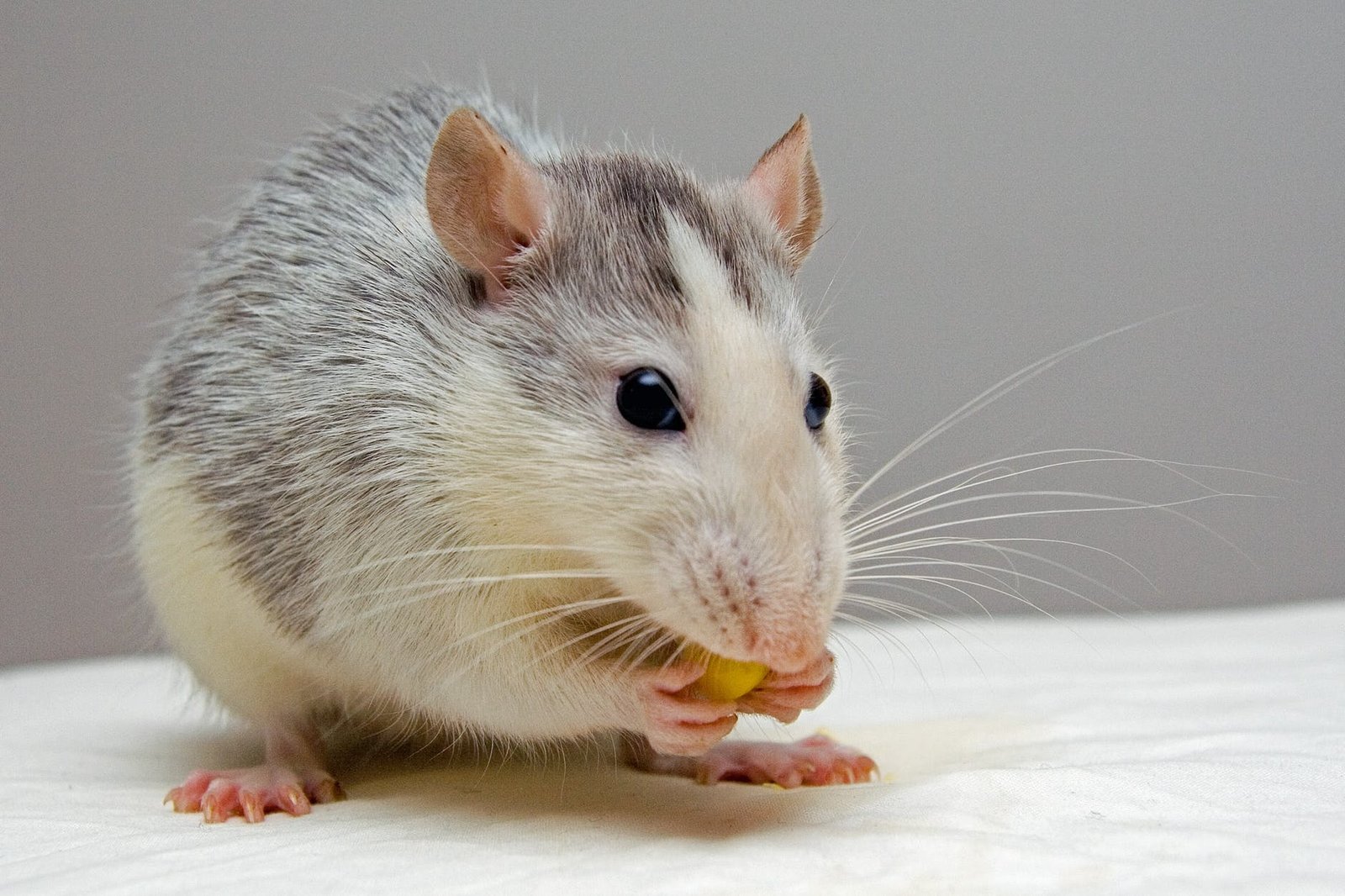“Many people think that it is important now a days to work harder, faster, and more efficient to solve problems,but that’s exactly what machines can do. Every efficient procedure will be replaced by algorithms eventually. Henning Beck
Category: Brain and Biology
-
Offloading information to an external memory: Good or bad
I really think the relevancy of memorization based educational practices need more scientific investigation. How much can and should we remember in a dynamic and information-abundant-world should be investigated.
How much fundamentally transient information should we remember. ? Who get to decide ?(Blind man leading blind man?)
I think the cognitive view totally ignores human Institution and tool building capabilities, and on how these cumulative culture optimize human capabilities. This include things like”Air traffic protocol” to other forms of decision support systems.
-
Self-Control, Marshmallow, Replication Crisis
Your fate cannot be determined solely by a test of your ability at age 5 to resist the temptation of one marshmallow for 15 minutes to get two marshmallows( Article)
-
Tweet: How to activate your brain’s ability to learn
— Kiran Johny (@johnywrites) May 26, 2019
Training past the point of improvement is called ‘overlearning.’A recent study in Nature Neuroscience suggests that such post improvement training might further improve performance by altering chemicals in the brain that “lock” in training.Review of the Study >>Read the study >> -
Tweet: Neuroplasticity: Our Adaptable Brain with Nick Spitzer
Neuroplasticity: Our Adaptable Brain with Nick Spitzer – On Our Mind https://t.co/JqmSeOSX1H via @YouTube
— Kiran Johny (@johnywrites) May 16, 2019 -
Tweet: Stanford study on how the brain decides what to learn by Xiaoke Chen and Greg Nachtrab
Neuro-scientists know a lot about how our brains learn new things, but not much about how they choose what to focus on while they learn.
According to this study, a part of the brain called the paraventricular thalamus, or PVT, serves as a kind of gatekeeper, making sure that the brain identifies and tracks the most salient details of a situation.
Stanford study on how the brain decides what to learn by Xiaoke Chen and Greg Nachtrab @StanfordBrainhttps://t.co/DB0m3AWWtj pic.twitter.com/HyaOBkWNrM
— Kiran Johny (@johnywrites) November 18, 2018

Photo by Pixabay on Pexels.com Original Source
Sciencedaily Article
News.stanford.edu -
Tweet: Stability shuts down the learning centers of the brain.
Yale Study, Stability shuts down the learning centers of the brain.
— Kiran Johny (@johnywrites) August 14, 2018
https://t.co/qldBqInUF3https://platform.twitter.com/widgets.js
A study by Yale researchers(Daeyeol Lee, Bart Massi and Christopher H. Donahue) published in the journal Neuron has found that stability may shut down your brain’s learning centers.In an initial experiment, monkeys were given choice between hitting a red target which provided rewards 80% of the time and a green target that paid off 20% of the time.The monkeys quickly learned it was more profitable to hit the red target, so scientists increased uncertainty by switching things and making the green target more profitable.In a second experiment, they introduced stability, an orange button always paid off 80% of the time and a blue button always paid off 20% of the time.As a result of the stability of rewards, the monkeys stopped learning, and brain activity related to learning in the frontal cortex was dramatically reduced.